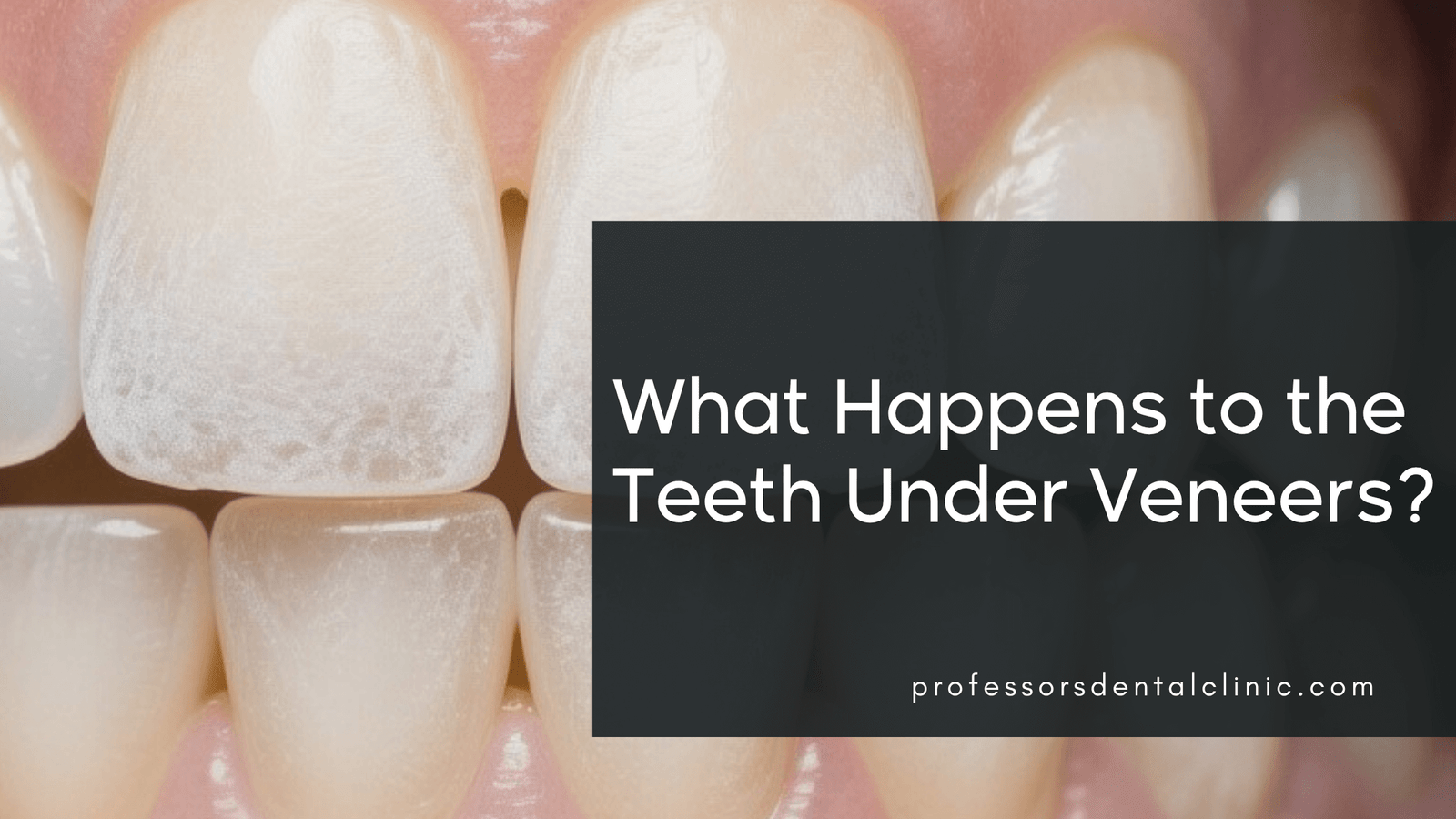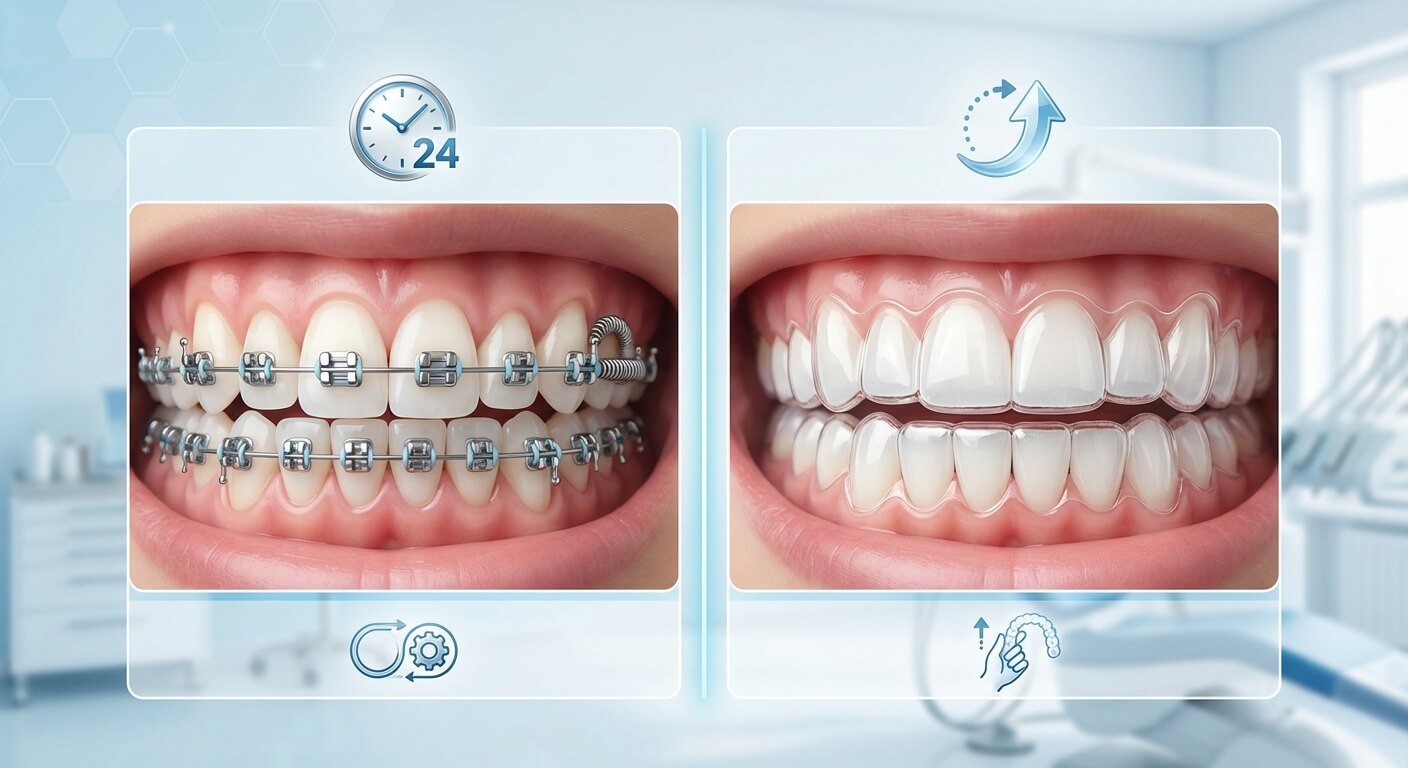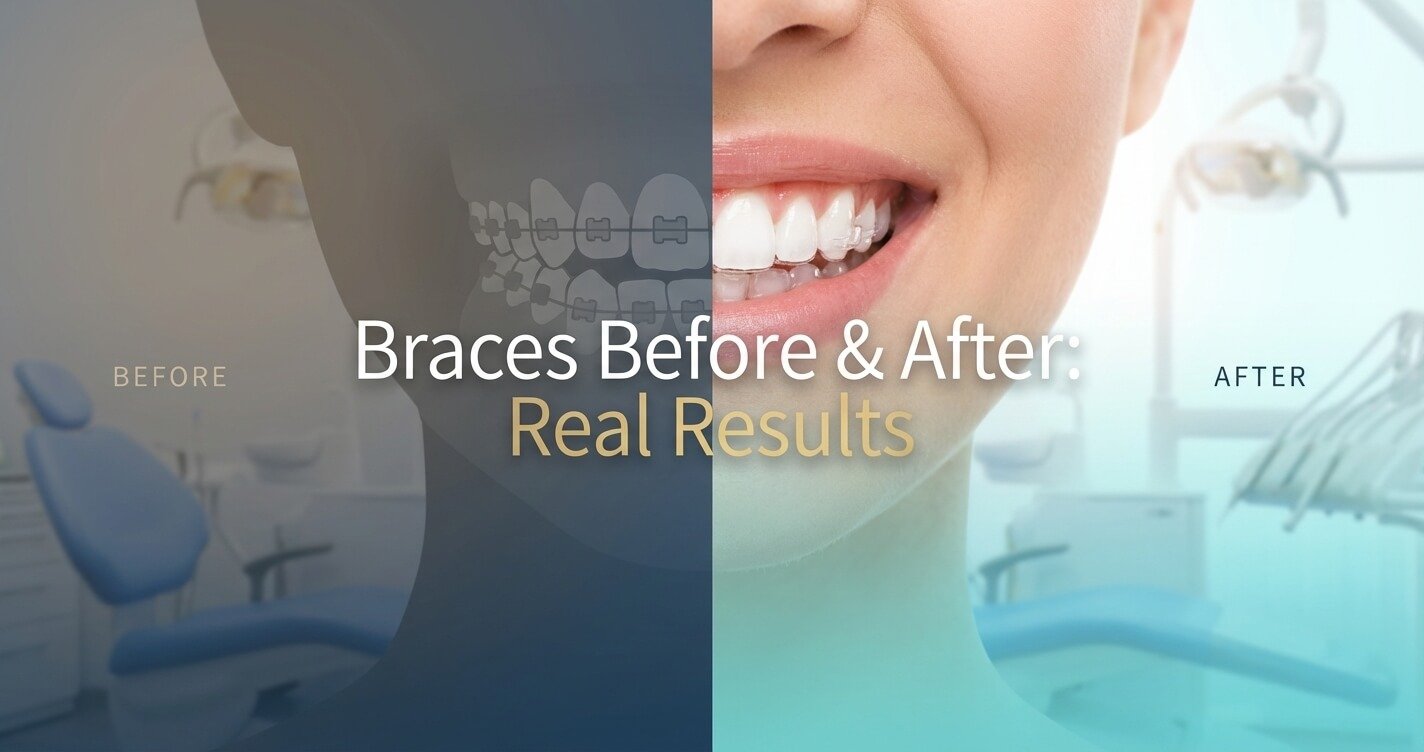When I explain veneers to patients at my clinic, one of the first questions I hear is: “What happens to my real teeth underneath?” It’s a completely valid concern—after all, you’re making a permanent decision about your smile.
Let me walk you through exactly what happens to your natural teeth under veneers, based on years of placing them and following up with patients over the long term.
What Happens to Teeth Under Veneers

To place veneers properly, I need to remove a thin layer of enamel from the front surface of your teeth—typically between 0.3 to 0.7 millimeters. Think of it like preparing a wall before painting: you need a slightly rough surface for the veneer to bond securely.
This preparation is permanent. Once enamel is removed, it doesn’t grow back, which is why veneers are considered an irreversible procedure. However, this isn’t something to fear—it’s a calculated step that allows for natural-looking results without making your teeth appear bulky.
In my experience, patients often worry more about this step than they should. The amount of tooth structure removed is minimal, and with proper technique and high-quality materials like the original Swiss E.max® veneers we use at Professors Dental Clinic, your teeth remain well-protected for decades.
Our clinic has over 650 positive reviews on Google ⭐⭐⭐⭐⭐ You can send us a WhatsApp message to book a checkup or enquire about any of our dental services.
Do Teeth Decay Under Veneers?
Here’s the honest answer: your natural teeth under veneers can develop cavities, but it’s relatively uncommon when proper care is maintained.
The veneer itself doesn’t decay—it’s made of porcelain or composite material. However, the edges where the veneer meets your natural tooth are vulnerable areas if you neglect oral hygiene. I’ve seen this happen with patients who skip regular brushing and flossing, allowing bacteria to accumulate at these margins.
The good news? With proper care, teeth under veneers typically remain healthy. In fact, high-quality veneers like E.max create an excellent seal that actually protects most of the tooth surface from bacterial exposure.
Prevention tips I share with every veneer patient:
- Brush twice daily with fluoride toothpaste
- Floss daily, paying special attention to the gum line
- Visit your dentist every six months for professional cleaning and examination
- Avoid excessive consumption of sugary foods and acidic drinks
⭐ Readers Also Liked: The pros and cons of Emax veneers
Can Teeth Become Sensitive?
Some patients experience temporary sensitivity after veneer placement, usually lasting a few days to a couple of weeks. This happens because we’ve removed a protective layer of enamel, exposing the underlying dentin temporarily during the preparation phase.
However, once your veneers are permanently bonded, that sensitivity typically disappears. The veneer acts as a new protective layer, often more durable than your original enamel.
I had a patient last month who was worried about sensitivity. Two weeks after her E.max veneer placement, she told me she actually experiences less sensitivity to cold drinks than she did before treatment—her original enamel had some microscopic cracks that the veneers now cover completely.
If sensitivity persists beyond a few weeks, it could indicate an issue with the veneer fit or underlying tooth health that needs addressing.
The Lifespan of Teeth Under Veneers
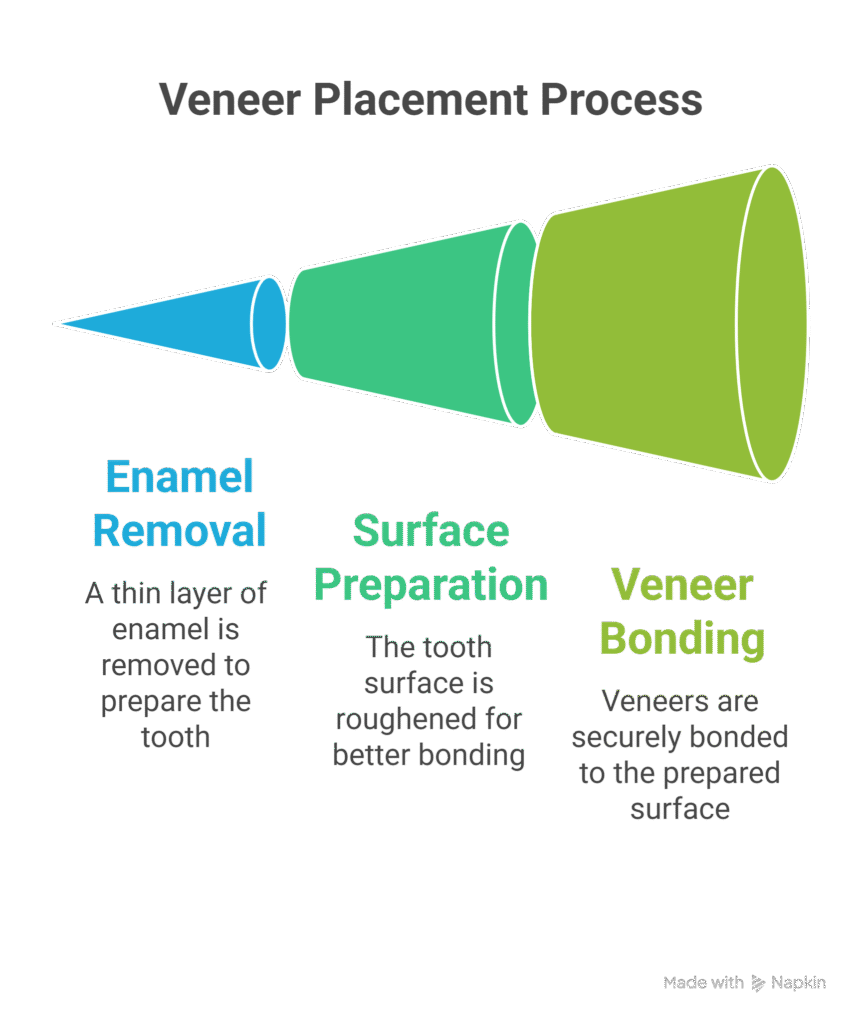
With proper care, the teeth underneath quality veneers remain healthy indefinitely. I’ve examined patients with 15-year-old veneers where the underlying tooth structure shows no signs of decay or damage.
The key factors that determine long-term health include:
Quality of the veneer material: At Professors Dental Clinic, we use exclusively the original Swiss E.max® brand—not cheaper Chinese alternatives. This material bonds more securely and creates a better seal against bacteria. We’re so confident in this quality that we offer a 10-year warranty on our E.max veneers, priced at 7,500 EGP (approximately $159 at the time of writing this article) per tooth, including a temporary prosthesis for testing shape and color.
Precision of placement: Poorly fitted veneers leave gaps where bacteria can accumulate. This is why working with a specialist matters—I hold a Master’s degree in prosthodontics and cosmetic dentistry, which means years of focused training specifically in procedures like veneer placement.
Patient maintenance: Even the best veneers require your cooperation. Regular dental visits, proper hygiene, and avoiding habits like teeth grinding (or wearing a night guard if you do grind) are essential.
You can send us a WhatsApp message for enquiries, support, or guidance on how to plan your medical trip to Egypt.
What If a Veneer Needs Replacement?
Eventually, veneers may need replacement—typically after 10-15 years, though some last much longer. When this happens, what’s the condition of the tooth underneath?
In my experience examining teeth when removing old veneers, the underlying tooth structure is usually in excellent condition if the patient maintained good oral hygiene. The tooth looks essentially the same as when we first prepared it, just a bit older.
The replacement process involves carefully removing the old veneer, checking the tooth health, possibly doing minor touch-ups to the preparation, and bonding a new veneer. It’s straightforward when done by an experienced practitioner.
Alternatives: Minimal-Prep and No-Prep Options
If you’re concerned about tooth preparation, there are alternatives worth discussing:
Minimal-prep veneers: These require removing only 0.3mm or less of enamel. They work well for patients with naturally smaller teeth or specific smile concerns.
Composite veneers: These can often be placed with little to no tooth preparation. At our clinic, we offer composite veneers for about $85 per tooth, completed in a single session with aesthetic color and shape customization. While these don’t come with a warranty like our E.max veneers, they’re an excellent option for patients wanting a less invasive or more budget-friendly approach.
For some patients considering complete smile transformations, exploring affordable options for new teeth or even dental tourism destinations might provide additional perspectives on comprehensive treatments.
You can send us a WhatsApp message for enquiries, support, or guidance on how to plan your medical trip to Egypt.
The Bottom Line
Your teeth under veneers remain living, functional parts of your smile. They don’t magically become immune to problems, but they don’t automatically deteriorate either. With quality materials, expert placement, and consistent care, the teeth under your veneers should remain healthy for life.
The transformation I see in patients who choose veneers extends far beyond aesthetics. Yes, they love their new smile, but they also often develop better oral hygiene habits because they’re invested in protecting their investment.
If you’re considering veneers and want to discuss your specific situation, I’m here to provide honest, personalized guidance based on your unique dental health and goals. You can learn more about our veneer options and what makes our approach different at our veneers service page.
Your smile deserves both beauty and long-term health—and with the right approach, veneers deliver both.

Dr. Ahmed began his journey in cosmetic dentistry as a resident in the Department of Prosthodontics and Cosmetic Dentistry at the Faculty of Dentistry, serving as a faculty member. He then specialized in prosthodontics and cosmetic dentistry with a master’s degree from Cairo University.
Dr. Khafagy is responsible for dental treatments, including prosthodontics, cosmetic fillings, full-mouth rehabilitation cases, and smile design.
